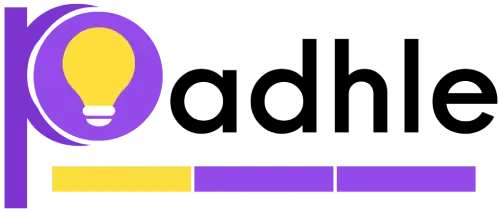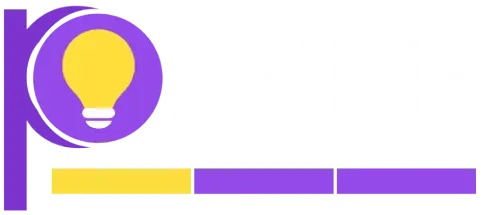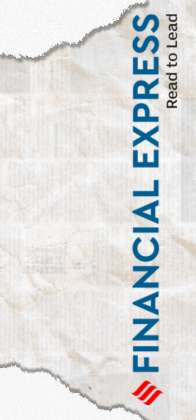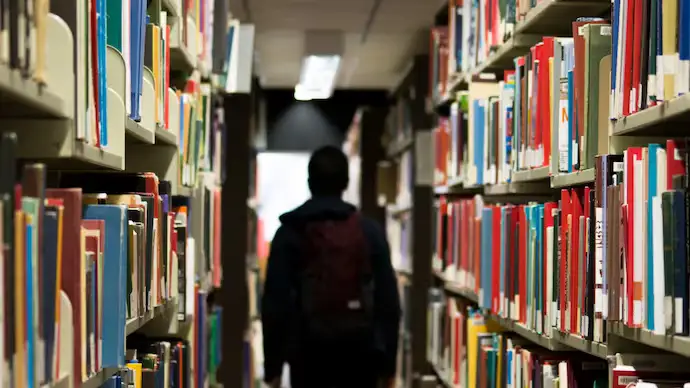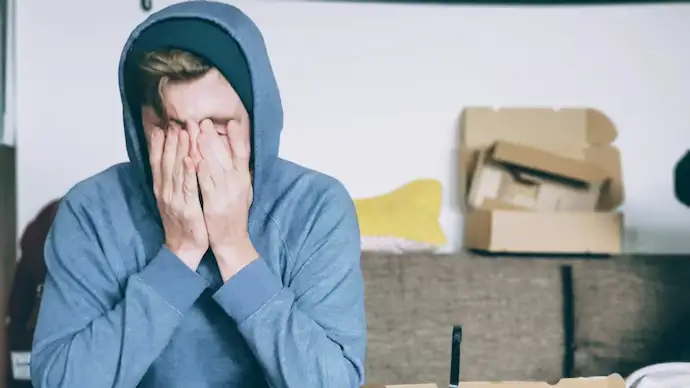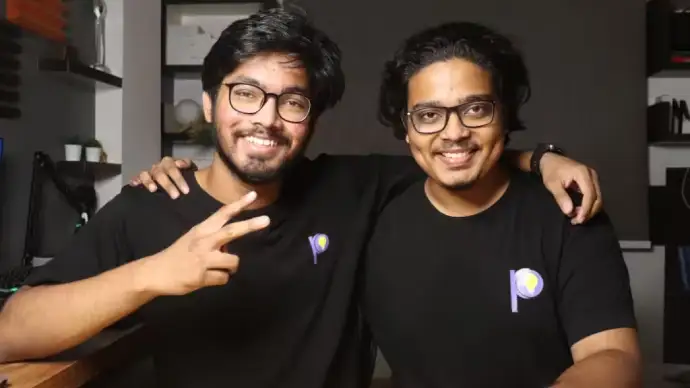MCQs for Class 10 Social Science Political Science Chapter 8 Challenges to Democracy
MCQs for Class 10 Social Science Political Science Chapter 8 Challenges to Democracy: In this article, we have covered all the important MCQs for Free for Class 10 Term 1 2021-22 Board Exams. In accordance with the latest pattern, Padhle is here with MCQ Questions for Class 10.
- Get MCQs for other Class 10 Chapters
- Get NCERT Solutions Class 10 Chapters
- Get Notes, PYQs, Free E-Books, and other material for Class 9
- Get Notes, PYQs, Free E-Books, and other material for Class 10
- Join our Telegram Channel for Latest Updates here
[adinserter block=”3″]
[twy_show_add_bookmark]
Class 10 Social Science Political Science Chapter 8 Challenges to Democracy MCQ
1. Which one of the following laws was enacted by the Government of India in October 2005?
(a) The Right to Property Act
(b) The Right to Education Act
(c) The Consumer Protection Act
(d) The Right to Information Act
Answer: (d) The Right to Information Act
2. Which one of the following statements does not reflect the right impact on the ‘Right to Information Act’?
(a) It supplements the existing laws that banned corruption
(b) It empowers the people to find out what is happening in the government
(c) It enables the people to become law abiding good citizens
(d) It acts as a watchdog of democracy
Answer: (a) It supplements the existing laws that banned corruption
3. Which of the following represents a challenge to democracy?
(a) Women not allowed to take part in public activities in Saudi Arabia.
(b) Renewed violence in Sri Lanka following the breakdown of talks between the government and the LTTE.
(c) Money and muscle power during election.
(d) All of the above
Answer: (d) All of the above
4. Which one of the following is a foundational challenge of democracy?
(a) Empowering women
(b) Keeping military away from controlling government
(c) Ensuring greater power to local governments
(d) Empowering minority groups.
Answer: (b) Keeping military away from controlling government
5. In which of the following countries, women are allowed to take part in public activities?
(a) India
(b) Mexico
(c) Saudi Arabia
(d) Chile
Answer: (a) India
[adinserter block=”3″]
6. In the context of the “Challenge of Expansion”, which of the following ideas is correct?
(i) Ensuring greater power to local government.
(ii) Establishing a sovereign and functional state.
(iii) Extension of federal principles to all the units of federation.
(iv) Inclusion of women and minority groups.
(a) (i), (ii), (iii)
(b) (ii), (iii), (iv)
(c) (i), (iii), (iv)
(d) (i), (ii), (iv)
Answer: (c) (i), (iii), (iv)
7. Which one of the following is an indicator of deepening of democracy?
(a) Installation of democratic government
(b) Keeping military away from controlling government
(c) Strengthening of the practices of democracy
(d) Inclusion of women in party politics
Answer: (c) Strengthening of the practices of democracy
8. Which one of the following laws empowers the people to find out the government’s functioning and act as watchdog of democracy?
(a) National Rural Employment Guarantee Act
(b) The Right to Information Act
(c) Consumer Protection Act
(d) None of these
Answer: (b) The Right to Information Act
9. Which one of the following situations represents the success of democracy?
(a) US as the only Super power disregards the UN and takes unilateral action.
(b) General Pinochet government defeated, but army is still under control of many institutions.
(c) The King of Nepal Birendra accepted constitutional Monarchy.
(d) Integration of French speaking and Dutch speaking people in Belgium.
Answer: (d) Integration of French speaking and Dutch speaking people in Belgium
10. Every established democracy faces
(a) challenge of expansion
(b) challenge of deepening of democracy
(c) foundational challenge
(d) dictatorship
Answer: (a) challenge of expansion
[adinserter block=”3″]
11. Which one of the following countries disintegrated due to ethnic tension between the Serbs and the Albanians?
(a) Yugoslavia
(b) Belgium
(c) England
(d) France
Answer: (a) Yugoslavia
12. Foundational challenge includes:
(a) Bringing down the existing non- democratic regimes.
(b) Strengthening of the institutions and practices of democracy.
(c) Establishing a sovereign and functional state.
(d) All of these
Answer: (a) Bringing down the existing non- democratic regimes.
13. Looking at the expanded definition, which one of the following statements is not correct about democracy?
(a) The rulers elected by the people must take all the major decisions.
(b) Elections must offer a fair choice to the people to change the current rulers.
(c) The choice should be available to all people on an equal basis.
(d) To exercise this choice government must not be limited by basic rules of the Constitution and citizens’ rights.
Answer: (d) To exercise this choice government must not be limited by basic rules of the Constitution and citizens’ rights.
14. Which one of the following is a challenge of expansion?
(a) Keeping away from controlling government
(b) Greater power to local government
(c) To reduce the control of the rich
(d) Strengthening of democratic institutions
Answer: (d) Strengthening of democratic institutions
15. Democracy does not stand for:
(a) Democratic Right
(b) Elections
(c) Violence
(d) Accommodation of diversity
Answer: (c) Violence
[adinserter block=”3″]
16. In Nepal, Constituent Assembly about to be elected, unrest in Terai areas, Maoists have not surrendered arms.
(a) Foundational challenge
(b) Challenge of expansion
(c) Deepening of democracy
Answer: (a) Foundational challenge
17. Which type of challenge to democracy is Nepal facing?
(a) Challenge of expansion
(b) Challenge of deepening of democracy
(c) Foundational challenge of democracy
(d) None of these
Answer: (c) Foundational challenge of democracy
18. Which type of challenge is being faced by most of the democracies of the world?
(a) Foundational challenge
(b) Challenge of expansion
(c) Challenge of deepening of democracy
(d) None of these
Answer: (b) Challenge of expansion
19. Democracy does not stand for:
(a) Democratic Right
(b) Elections
(c) Violence
(d) Accommodation of diversity
Answer: (c) Violence
20. Looking at the expanded definition, which one of the following statements is not correct about democracy?
(a) The rulers elected by the people must take all the major decisions.
(b) Elections must offer a fair choice to the people to change the current rulers.
(c) The choice should be available to all people on an equal basis.
(d) To exercise this choice government must not be limited by basic rules of the Constitution and citizens’ rights.
Answer: (d) To exercise this choice government must not be limited by basic rules of the Constitution and citizens’ rights.
[adinserter block=”3″]
21. Which one of the following situations represents the success of democracy?
(a) US as the only Super power disregards the UN and takes unilateral action.
(b) General Pinochet government defeated, but army is still under control of many institutions.
(c) The King of Nepal Birendra accepted constitutional Monarchy.
(d) Integration of French speaking and Dutch speaking people in Belgium.
Answer: (d) Integration of French speaking and Dutch speaking people in Belgium.
22. Which type of challenge is faced by a non-democratic country while changingonce to a democratic set-up?
(a) Foundational Challenge
(b) Expansion Challenge
(c) Deepening Challenge
(d) Political Challenge
Answer: (a) Foundational Challenge
23. What is the tempting way of reforming politics?
(a) Legal ways
(b) Illegal ways
(c) Both a and b
(d) None of the above
Answer: (a) Legal ways
24. Every established democracy faces:
(a) challenge of expansion
(b) challenge of deepening of democracy
(c) challenge of foundation
(d) challenge of dictatorship
Answer: (b) challenge of deepening of democracy
25. What is not true regarding a challenge?
(a) Any sort of problem or difficulty is called a challenge.
(b) A challenge is a difficulty which is significant and which can be overcome.
(c) A challenge is a difficulty that carries within it an opportunity for progress.
(d) Once we overcome a challenge, we go up to a higher level than before.
Answer: (a) Any sort of problem or difficulty is called a challenge.
[twy_show_add_bookmark]
[adinserter block=”3″]
For More Content related to Class 10 –
- Get MCQs for other Class 10 Chapters
- Get NCERT Solutions Class 10 Chapters
- Get Notes, PYQs, Free E-Books, and other material for Class 9
- Get Notes, PYQs, Free E-Books, and other material for Class 10
- Join our Telegram Channel for Latest Updates here
[adinserter block=”3″]
